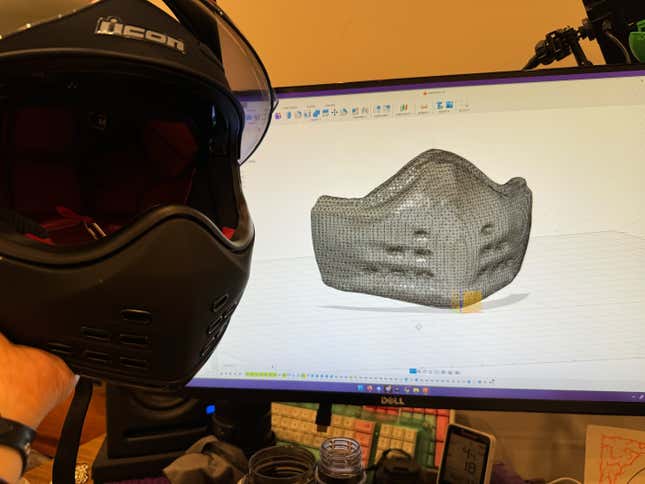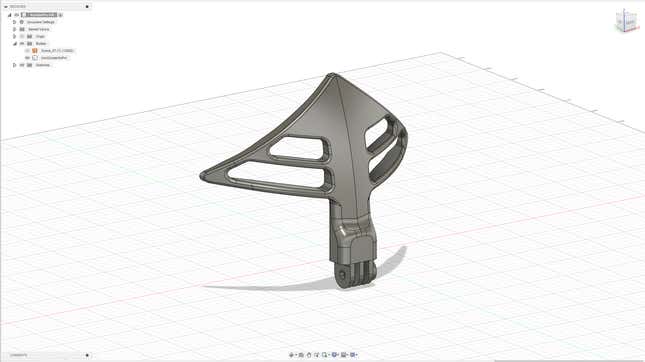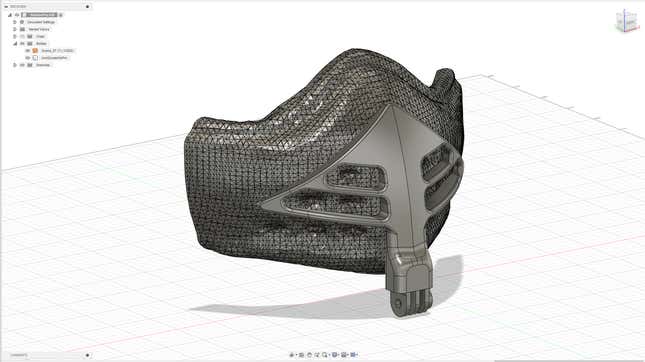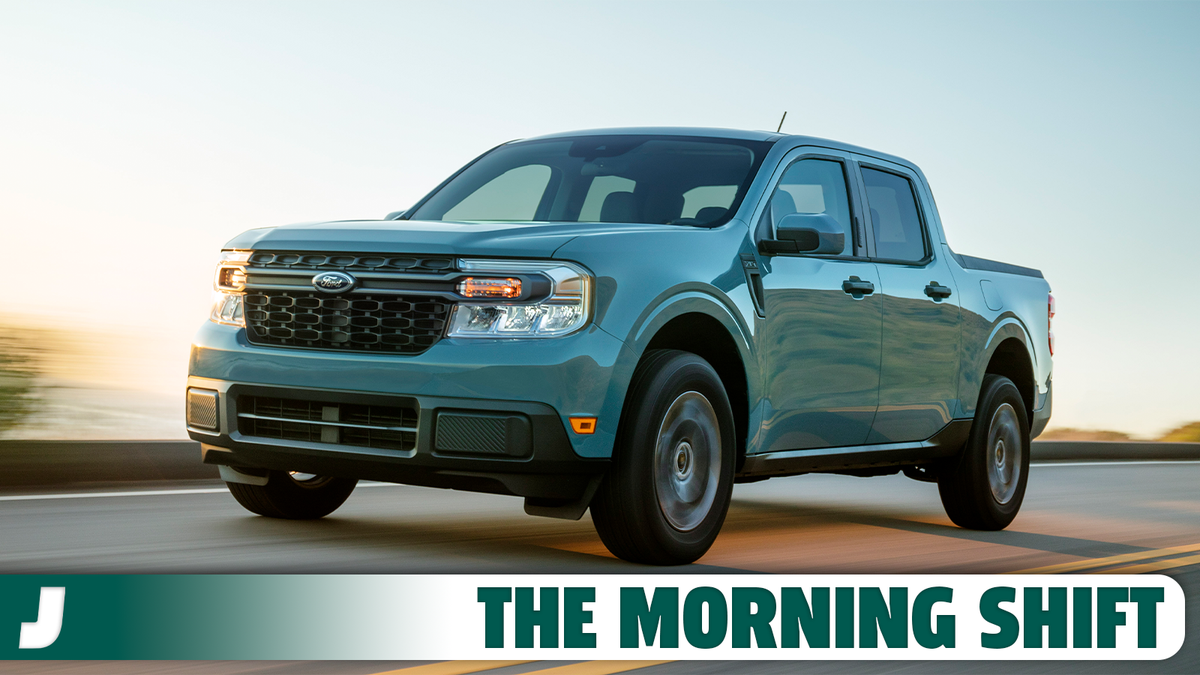Happy Friday! It’s March 15, 2024 — the Ides of March — and this is The Morning Shift, your daily roundup of the top automotive headlines from around the world, in one place. Here are the important stories you need to know.
1st Gear: U.S. Automakers Are Going Back To Building Hybrids
If you ask lawmakers, Europe, or the environment, the future of personal transportation is electric. If you ask the accountants and shareholders, though, the future of personal transportation is whatever makes the most money — traditionally, not EVs. In a shocking twist, it seems like companies are following the money. From Reuters:
As U.S. sales of gas-electric hybrid vehicles surge and electric-vehicle sales cool, automakers and suppliers are betting consumer demand for a compromise between all-combustion and all-electric is a durable trend.
Automakers and suppliers are adding capacity to build gasoline-electric hybrid and plug-in hybrid vehicles for the U.S. market, responding to increased consumer demand for technology that General Motors (GM.N), opens new tab and other automakers once planned to phase out in favor of all-electric fleets, industry executives and analysts said.
…
The White House is expected this month to issue vehicle CO2 emissions standards designed to force automakers to increase the share of fully electric vehicles they sell to as much as 60% by 2030.
The November U.S. presidential election puts the White House’s EV subsidies and emissions rules at risk, however. Most legacy automakers lose money on EVs and hybrids are a more profitable path to reducing CO2 emissions if a future administration changes course, analysts said.
It sure seems like the free market is saying “no” to the EV revolution. That’s fine, it’s not like it’ll have any real effect on the world. By the way — it was 71 degrees out yesterday, in March, in New York, and the oceans are Way Too Hot.
2nd Gear: Fisker Says It’s Not Dead Yet
Yesterday, we talked about how Fisker is once again circling the drain. You all in the comments started wondering at what point a “circle” becomes a “stable orbit” around the drain, and it seems that Fisker is now aiming for the latter — claiming it’s looking for mergers and new funding, not bankruptcy paperwork. From Automotive News:
Struggling EV startup Fisker Inc. said the company is moving forward with its business plan to raise money and recruit U.S. dealers, pushing back on a Wall Street Journal report that it may be preparing for a bankruptcy filing.
“Fisker is focused on raising additional capital and engaging in a strategic partnership with a large automaker. The company is also continuing to pursue its shift to a dealer partnership model in both North America and Europe,” the automaker said in a statement Thursday.
Fisker didn’t dispute the Journal report from Wednesday and didn’t respond to a request from Automotive News for additional comment. The Journal said in its report that Fisker had hired a financial adviser and a law firm to assist with a possible bankruptcy filing.
“As a matter of company policy, Fisker does not comment on market rumors and speculation,” Fisker said in the statement. “However, Fisker often works with outside advisors to help manage its business and assist in developing and executing strategies,” the company said.
Is a stable orbit around the drain a good thing? You’re not going in, which is probably better than the alternative, but you’re also never getting any further from it.
3rd Gear: Honda And Nissan Will Share EV Parts
It seems like every automaker out there is doing everything it can not to build an EV — or, at least, not to build one solo. Toyota and Subaru, GM and Honda, alliances are forming left and right to split development costs. Now, Honda is making another alliance, this time with Nissan. From Automotive News:
Nissan and Honda want to cooperate in electric vehicles and explore commonized parts and joint procurement, as the Japanese carmakers strive to slash costs and emerge as a front-runner in the global EV race against rivals such as Tesla and entrants from China.
The two companies announced a memorandum of understanding about the tie-up on Friday at a news conference attended by Nissan CEO Makoto Uchida and Honda CEO Toshihiro Mibe.
Nissan, Japan’s No. 3 automaker, and Honda, its No. 2, will consider jointly sharing and jointly procuring eAxles and other core EV components. The executives said the companies will also look at sharing battery technologies and software platforms.
The partnership comes as Japanese automakers rethink EV development and manufacturing, after falling behind global rivals from China, Silicon Valley and beyond. Teaming with other automakers is seen as a key strategy for achieving scale and sharing investment.
The deal apparently doesn’t have much in the way of specifics yet, but maybe this will help part prices in the aftermarket too. If your sixteenth-generation Prelude breaks a part, maybe the Nissan equivalent will be cheaper.
4th Gear: India Will Let Tesla Buy Lower Taxes
India is a massive market for automobiles, so it makes sense that Tesla wants to get its foot in that door. Unfortunately for the company, India hasn’t had much interest in making foreign production viable — high import duties encourage automakers to set up shop within the country. But it seems lobbyists from Tesla may have helped change that, from Reuters:
India said on Friday it will lower import taxes on certain electric vehicles for companies committing to at least $500 million in investment and manufacturing facilities within three years, potentially bolstering Tesla’s plans to enter the market.
The policy is a big win for Tesla as it’s in line with what the company had been lobbying for in New Delhi. Sources said last July that the carmaker had offered to build a factory but, in the meantime, wanted a cut in import taxes that CEO Elon Musk said were among the highest in the world.
For years, Musk has tried to enter the Indian market but New Delhi wasn’t keen unless he committed to local manufacturing. Tesla officials visited India several times in recent months, with Musk also meeting Prime Minister Narendra Modi last year.
I don’t have nearly enough knowledge of Indian taxes to calculate the break-even point here, but this deal was Tesla’s goal — $500 million is cheaper than whatever the taxes on importing cars otherwise would’ve been. The scale of big business is truly staggering.
Reverse: We Should Totally Just Stab Caesar
Neutral: I’ve Cracked The GoPro Mount Code



I got a shiny new Icon Domain helmet last year, which I’m hoping can replace my aging Shoei RF-1200 as my Content Helmet — the one I cover in GoPro mounts and microphone wiring. Unfortunately, all the GoPro mounts I’ve seen are too bulky, so I’ve taken matters into my own hands.
This, I think, is the perfect way to make a POV camera mount. There’s no bulky clip to accept a GoPro-branded attachment, just a plate that’s formed to a 3D scan of the helmet and some pegs that interface directly with the camera. Simplicity. Sleekness. Not blocking air holes.
On The Radio: Be Your Own Pet – “Becky”
I assume this is what Brutus sang to Caesar. Also, it’s deeply funny to me that this radio edit censors the word “shit” but not the line about waiting with knives after class. I’m sure that says something about our society.

